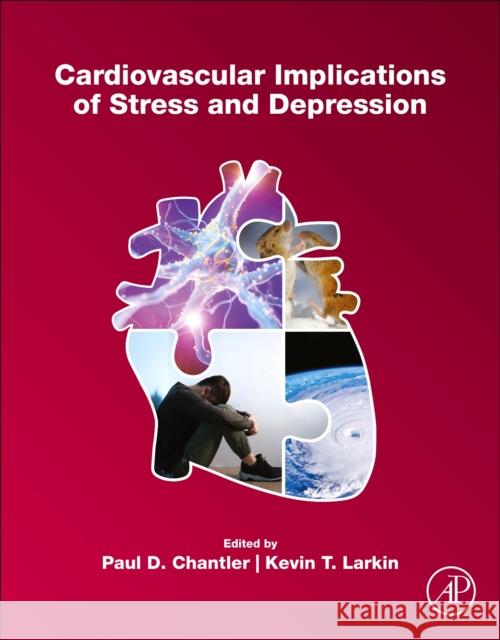Cardiovascular Implications of Stress and Depression » książka
topmenu
Cardiovascular Implications of Stress and Depression
ISBN-13: 9780128150153 / Angielski / Miękka / 2019 / 377 str.
Kategorie:
Kategorie BISAC:
Wydawca:
Academic Press
Język:
Angielski
ISBN-13:
9780128150153
Rok wydania:
2019
Ilość stron:
377
Waga:
0.59 kg
Wymiary:
22.61 x 15.24 x 2.03
Oprawa:
Miękka
Wolumenów:
01
Dodatkowe informacje:
Bibliografia
Wydanie ilustrowane
Wydanie ilustrowane











